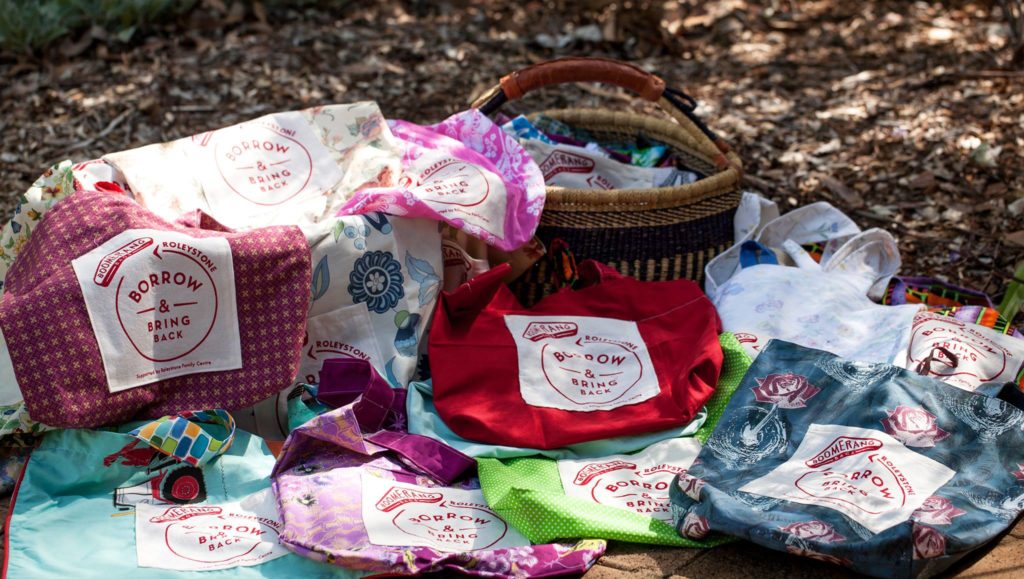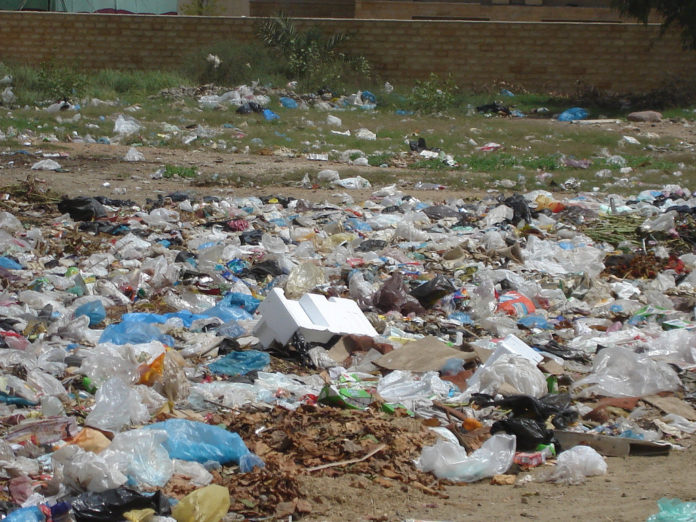A GROUP called Let’s Waste Less is encouraging the Tweed Valley community to join in the benefits of going plastic bag free by adopting Boomerang Bags.
Boomerang Bags are a plastic bag free option that is made by the local community and can be found at local shops. Shoppers are encouraged to return the bags when they are finished, therefore reducing the use of plastic bags.
The group has already had some success across the Tweed with Boomerang Bags already a success in Pottsville and Cabarita.
A spokesperson for Let’s Waste Less, Andia Cally contacted The Weekly to inform readers of the benefits of the program and to encourage the community to go plastic bag free.
We want Murwillumbah to join Uki, Chillingham, Tumbulgum and others by getting on the plastic bag ‘ban’ wagon,” Ms Cally said.
“To help our area break ‘bag’ habits Let’s Waste Less is starting a local chapter of Boomerang Bags, a national initiative that invites local communities to use the Boomerang Bag template to make their own bags.”

Let’s Waste Less is calling on the support from people who can sew and are willing to donate their time to help create a sustainable solution to plastic bags in our region.
“We would love to hear from local op shops, businesses and individuals who can donate materials or time to this cause as well,” she said.
Ms Cally added that eight million tonnes of plastic enters our oceans annually, affecting our food chain, killing off ecosystems, marine mammals, fish and seabirds, as well as clogging up landfill.
“This single-use item is used for an average of 12 minutes before it is discarded as litter or in landfill, where it remains for anywhere between 20—1,000 years. Plastic bags have devastating long-term effects on human health, the natural environment and the economy,” she said.
For more information contact andia@letswasteless.org or call 0438 825 411.

Plastic bags are utilized more than 12 minutes and I do not see how we can eliminate them altogether as they are very handy but yes to be handled with care as to where/what we do with them. Aren’t they recycled into other products too? So much is happening eg; road base, so many items I see on the building, gardening and variety of other shows re-using etc. For people to be alerted more to their responsibility to proper disposable and what is happening with so many ‘toss aways’ of which there are too many in this ‘modern era’. How do we really know re the 20 – 1000 years for them to remain before decomposing?